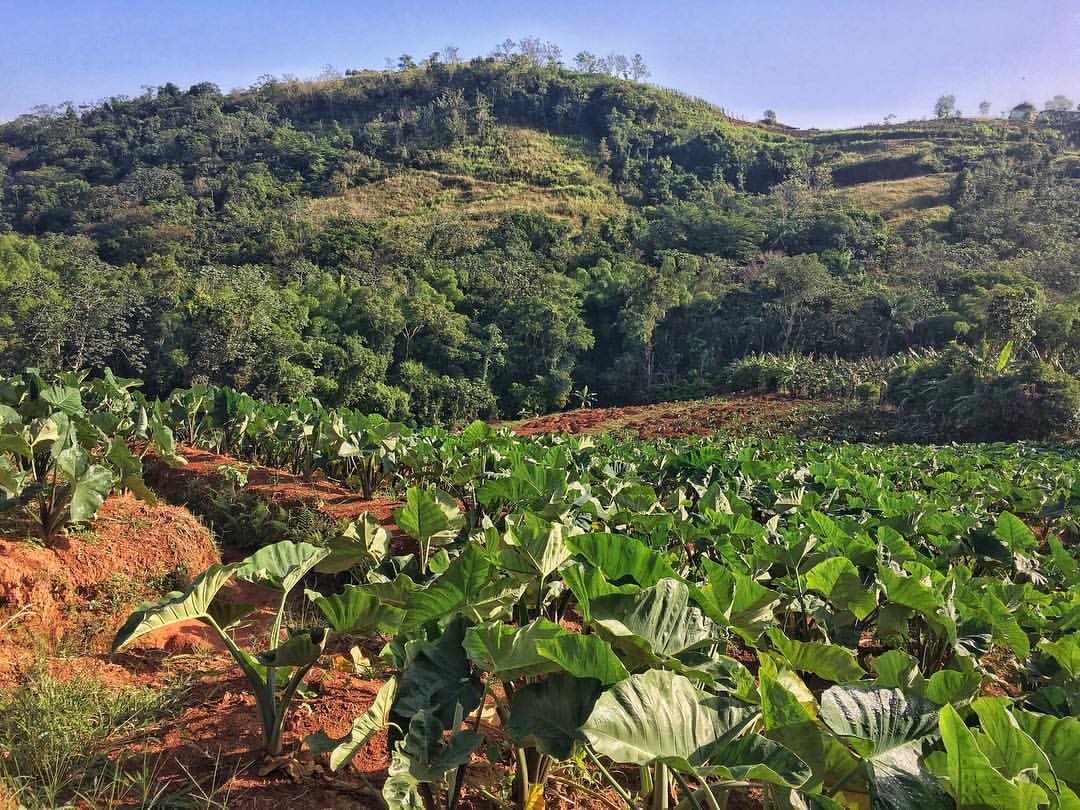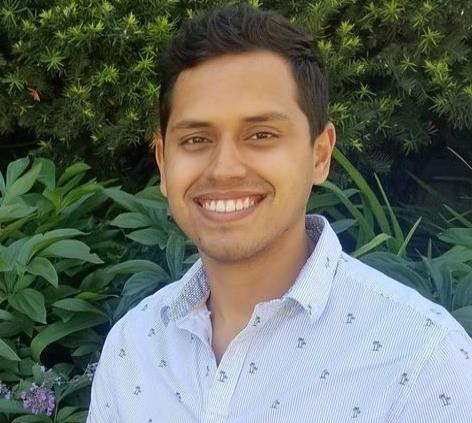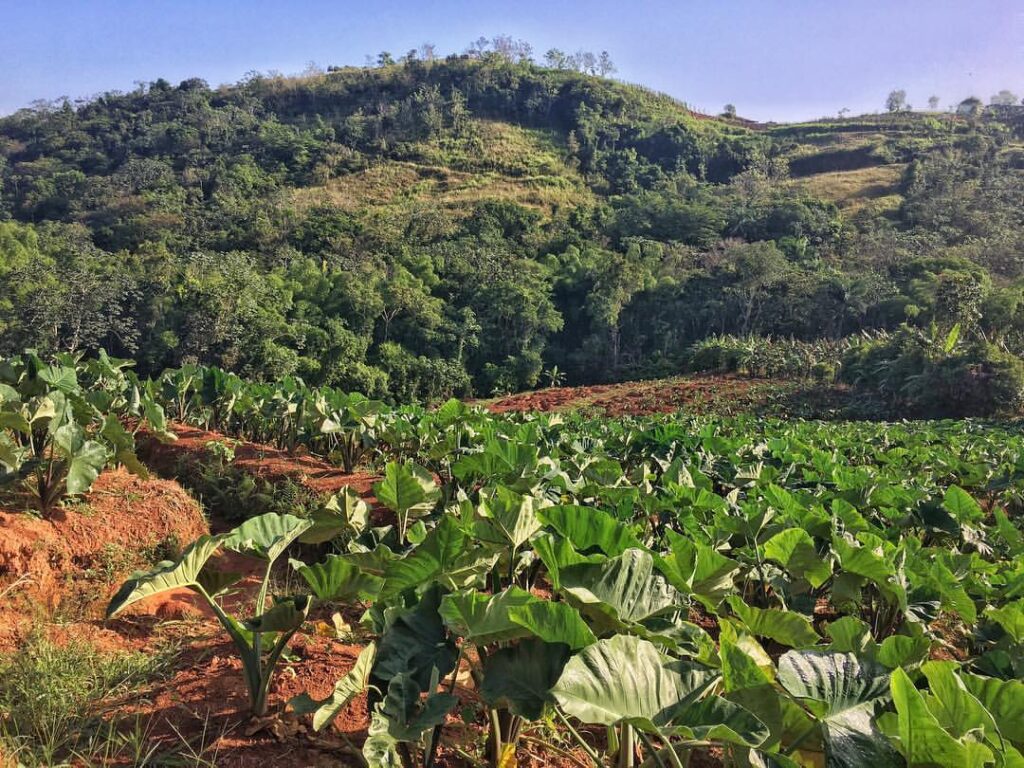The COVID-19 Pandemic and Puerto Rico’s Food Sovereignty
By Luis Alexis Rodríguez-Cruz
(ALC member Luis Alexis Rodríguez-Cruz recently published this Op-Ed piece in the Puerto Rican publication “El Nuevo Día.” It highlights the importance of food sovereignty during this moment of global crisis. Below is his translation of the article into English, which can also be found here. The original version in Spanish can be found here.)
Puerto Rican farmers and fisherfolks, beyond safeguarding our natural and agricultural resources, are key agents in strengthening our food security. Sadly, they have not been taken into account during the emergency we are going through. The COVID-19 pandemic should increase our awareness of our vulnerable island food security, and drive us to actualize actions that have a positive impact on our food system.
The Food and Agricultural Organization (FAO) of the United Nations highlights that food security is frail in island food systems. Given their small territories and economies, and higher exposure to extreme weather events, islands often do not have the resources needed to cope and recover quickly from impacts. Furthermore, their high dependence on imports is another obstacle towards achieving food security.
Puerto Rico imports around 85% of its food, and most of it is shipped from the port of Jacksonville in Florida. Moreover, the majority arrives at the port of San Juan. The escalation of the COVID-19 pandemic could heavily impact our supply chains. Thus, it is crucial that we have a strong local food system that can provide us a significant quantity of the food we need.
Before Hurricane Maria made landfall in 2017, our farmers and fisherfolks were seeing positive opportunities. Local production was increasing in a time of fiscal crisis. It was like we were slowly gaining awareness about the importance of food sovereignty. Puerto Rico, and its farmers and fisherfolks, need the power and control to produce the food that nourish us. Moreover, food sovereignty makes us aware of the political and power dynamics that govern our food systems. There cannot be food security without food sovereignty. We in Puerto Rico know very well what happened after Maria. Our food system is still recovering.
Farming in Puerto Rico is hard. Our farmers and fisherfolks, most of which are 50 or older, have to compete with cheap imports. They often do not have access to local markets, and the government does not facilitate them support to go through the bureaucracy the government itself imposes. Additionally, most of our farmers and fisherfolks are small-scale producers. They sell their products independently, through farmers’ markets, within their communities, and through small businesses. Though the curfew imposed by the governor of Puerto Rico does not apply to big producers, and wholesalers like supermarkets, it applies to street sellers, placeros, farmers’ markets, and other alternative venues. That negatively impacts farmers and fisherfolks.
The Secretary of Agriculture said this week that family markets will be canceled―an initiative that allow farmers to sell in municipal plazas to participants of the Nutritional Assistance Program―, and that he anticipates losses in local production. Furthermore, the media has reported improper police interventions with farmers (regarding the curfew), and with businesses important for farmers and fisherfolks’ to sell their products (e.g. restaurants). Yes, social distancing is crucial to decrease the spread of the coronavirus. But, did the governor took into account how the curfew would impact our farmers and fisherfolks? Was it considered how limiting local production would impact our food security, given our high dependence on imports?
As long as we continue to depend on supply chains that we cannot control due to the Jones Act and other federal and local measures, nor do we carry out policies that give political agency to our farmers and fisherfolks, our food system will not be prepared to feed us. We do not have the required food sovereignty to build a new food system that provide us the food security we deserve as islanders. If something the past disasters have taught us, through the political and bureaucratic pitfalls that our farmers and fisherfolks faced, is that we cannot reduce the vulnerability of our food system to a “production issue”. May this pandemic make us more aware of the importance of developing food sovereignty to feed ourselves.



